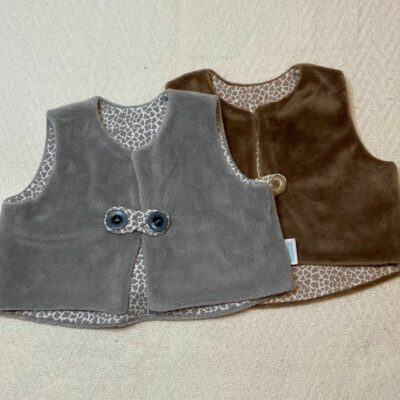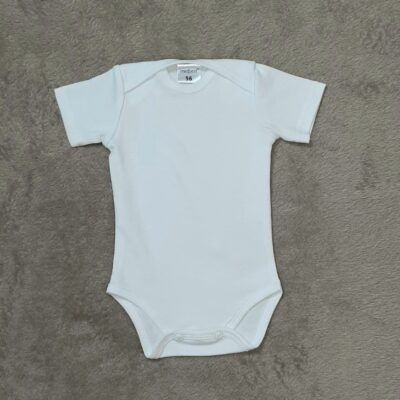Support during the first phase of breastfeeding – teaching the proper positioning and feeding techniques, monitoring changes in breasts and teaching what to do in case of milk oversupply, as well as debunking associated myths (e.g. related to the nursing mother’s diet!) – all this should be provided before dismissal from hospital. This is not always the case. Also, problems do not always stem from lack of experience on behalf of the mother.
– Six months after my son’s birth my right breast begun to harden and swell, completely out of the blue. – testifies Malwina. – At first, I tried to ignore the pain and extract the milk. It didn’t work. Meanwhile the swelling progressed so much I couldn’t hold my shoulder right. I had fever. I didn’t know what to do… Paediatrician? They deal with the babies, not the moms. GP? My supervising ob-gyn? They will prescribe me antibiotics, which will take several hours to come into effect. I will die of pain before that. I wasn’t thinking about breastfeeding anymore, I just wanted somebody to help me. I called the hospital. It was then that the nurse told me about lactation advisors. She advised me to make an appointment then and there. ASAP!
Lactation consulting is a separate, post-graduate specialisation for medical graduates. It is most typically undertaken by midwives, less often by nurses, doctors, speech and language pathologists. (There are lactation advisors without medical training – the so called maternity care educators – but those are rare cases. Prior medical training has become obligatory for lactation consulting candidates in 2011.) Lactation consulting certificates in Poland were first granted in 2006. The field is still very prestigious – we only have a little over 400 specialists altogether. In order to obtain the certificate, one has to complete the post-graduate courses and pass the finishing exam – they are organised by the Lactation Consultants and Advisors Association, in collaboration with international associations.
There are two kinds of certificates: the international one: IBCLC (International Breastfeeding Certified Lactation Consultant), established in the 90s, which is honoured all over the world (in many countries, lactation advisor is recognised as a separate job), and the advisory one: CDL (Certyfikowany Doradca Laktacyjny – Certified Lactation Advisor) – honoured within the territory of Poland.
Certificate holders are guaranteed to be highly qualified (the highest, 3rd degree of lactation-related knowledge), not due to difficulty of the exam (though it is a tough one!), but due to the necessity of continuous education – IBCLC has to be renewed every 5 years, and CDL – every 7 years. Thus the expert has to expand his or her knowledge constantly, keeping track of the most recent cases and findings in the field.
How to find a lactation consultant and advisor? It’s best to start with the Internet – a couple of experts are listed on our website www.medbestcare.pl. A list of CDL certificate holders from all over the country, or institutions they work for, is available at www.kobiety.med.pl.
– A young girl came to me. – Malwina narrates on. – I don’t know what it was that she did, but it was incredible. With small movements, with gentle pressing of one finger here and delicate rubbing there, she emptied my breast. The duct was unclogged and milk sprung out. I will never forget the wave of relief that washed over me. The fever went down and I was feeling perfectly fine the next day. Afterwards I breastfed my son Bartek for almost a year.
+ 48 66 88 400 58






